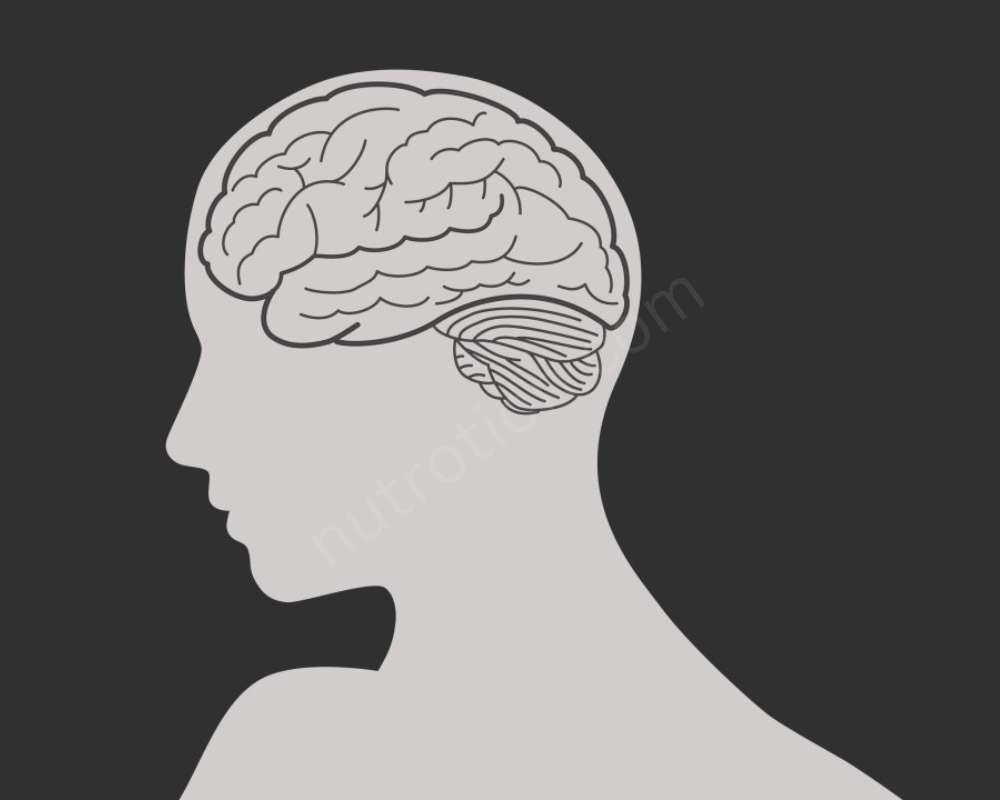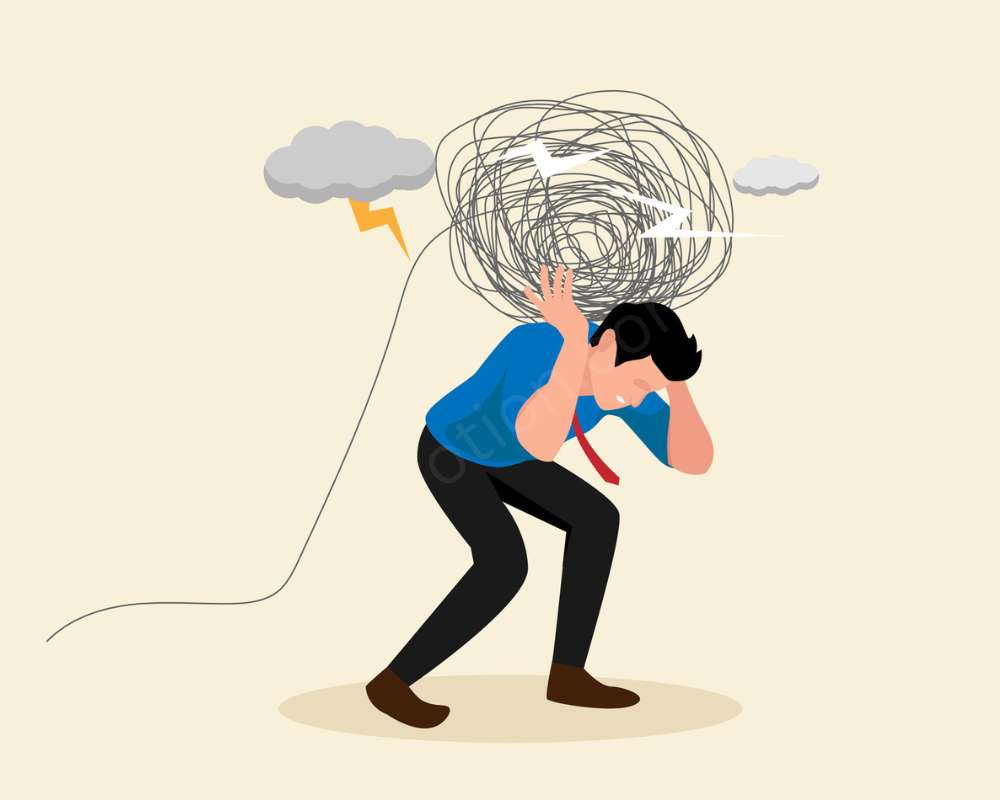Caffeine, a stimulant hiding in your morning cup of coffee, afternoon tea, and dark chocolate, is the world’s #1 drug. However, it is not only the boost of alertness that caffeine offers but also a plethora of health benefits that might not be so obvious. Let’s dive into what exactly caffeine is, see how it can be pretty useful, and witness the cases where it might be the best to politely refuse that extra cup of coffee.
Science Behind the Buzz

Caffeine’s superpower is that it can stimulate the central nervous system. It does this by stopping adenosine, which is a neurotransmitter that produces drowsiness. As a result, it leads to higher levels of consciousness, more acute perception, and better reaction speed. Studies also indicate that caffeine may increase memory and general cognitive function, especially for brief tasks.
How Caffeine Can Improve Your Health

A moderate caffeine intake of about 400mg per day (similar to 2-3 cups of brewed coffee) is linked to several health benefits. Here’s a closer look at some of the potential benefits:
Metabolic Boost: Caffeine can speed up calorie burning and fat breakdown, which may be helpful in weight management. On the other hand, be sure to remember the effect isn’t huge and caffeine should not be the only source of weight loss. Think of it as a little push in the right direction, along with a good healthy diet and physical activities.

Defense Against Disease: It is reported that coffee intake in moderate amounts reduces the risk of developing type 2 diabetes, Parkinson’s disease, and also some cancers. The specific pathways leading to this protection are being investigated, but antioxidants and anti-inflammatory substances in coffee are the presumption. It should be explained that regular coffee consumption may provide a protective effect, but it is equally necessary to mention that other lifestyle factors like keeping a healthy weight, smoking as well, play an important role in disease prevention.

Guarding the Brain: According to researchers, caffeine seems to boost brain functions and prevent the onset of neurodegenerative diseases such as Alzheimer’s. There is also evidence that caffeine can improve symptoms of depression. While caffeine can’t completely prevent these brain diseases, it may offer some neurological advantages and help your brain to stay in good condition as you grow older.

Other Caffeine Sources

Interestingly, coffee is the most frequently consumed caffeine source, but it is not the only choice available. Here’s a breakdown of caffeine content in some common beverages:
Brewed Coffee (8 oz): 95mg
Black Tea (8 oz): 47 mg
Green Tea (8 oz): 28mg
Soda (12 oz): 30-40mg (depending on the brand)
Energy Drinks (12 oz): 70-200mg (they can vary significantly).
The Disadvantages of Excessive Caffeine Consumption
Having just enough can be good, but having too much can cause problems:
Sleepless Nights: Caffeine causes sleep disturbance, especially when ingested in the evening. This can destroy your sleep pattern and as a result they come with daytime tiredness without any concentration. To minimize sleep disruption, avoid caffeine in the afternoon and evening. If you fail to fall asleep, you should try to decrease caffeine intake or switch to decaffeinated beverages in the evening.

Anxiety Overload: High doses can cause nervousness, restlessness, and anxiety. If you’re vulnerable to anxiety disorders, caffeine can make it even harder for you. Anxious people may prefer to give up caffeine or limit its consumption. If you find that caffeine causes you to become jittery or anxious, it’s a sign to listen to your body and decrease your intake accordingly.

Digestive Distress: Caffeine can stimulate the production of stomach acid, which results in heartburn, indigestion, or even stomach ulcers in those who are not protected against it. If you experience stomach upset after consuming caffeine, consider lowering your intake or switch to a lower-acidity beverage like green tea.

Who Should Take Caution with Caffeine?

While generally safe for most healthy adults in moderation, caffeine can be problematic for certain individuals:
Pregnant and Breastfeeding Women: Caffeine can cross the placental barrier and enter the breast milk. As a result of significant health risks of high caffeine consumption during pregnancy, it is recommended that pregnant women limit caffeine intake to no more than 200 mg a day. Infant feeding women too need to be careful because caffeine can impact their babies.
Children and Adolescents: The effects of caffeine on children are more profound than on adults. Caffeinated drinks that are highly concentrated can lead to the disruption of sleep patterns and at the same time worsen behavioral problems in teens and children. It is better to restrict or not to consume caffeine at all for young people.

People with Certain Medical Conditions: For those suffering from conditions such as anxiety disorders, heart rhythm disturbances, or high blood pressure, doctors should be consulted about the proper caffeine intake.

Caffeine plays a significant role in moderating mental alertness, cognitive functions, and providing certain health benefits. But on the other hand, over-consumption sometimes results in these negative side-effects. For the most part, healthy adults, mindfulness is crucial. By knowing the effect that caffeine has on your body and paying close attention to its feedback, you can realize the benefits of this common stimulant, and can drink your cup of coffee without guilt. Now, this healthy and sensible method is the winning formula which should be used to extract the benefits of caffeine without its being harmful.


